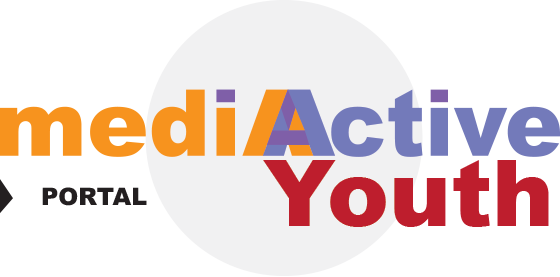18/02/2016
The refugee crisis in Macedonia
Refugee crisis in Macedonia, Serbia and Croatia
The ongoing refugee crisis brought to the surface the spectres of xenofobia in Europe. Ranging from the overtly racist behaviour of the Hungarian government, to demands for suspending the Shengen agreement and the building of fences or walls on the borders between the EU and Western Balkan countries, this appears to be yet another example of radicalization in the world we live in. If the borders are closed in the EU, the Balkan countries will be flooded with refugees and migrants that are leaving and entering these same countries instantaniously. Paradoxically, however, the refugee crisis also brought the once conflicted Western Balkan countries of Macedonia, Serbia and Croatia together, demanding their joint approach to the refugee crisis, the perceptions of which will be explored in this article.
In the past 11 months there are 965 thousand registered refugees that have come from the middle east which most of them have passed through Macedonian, Serbian and Croatian territory which lead them to Germany. The refugee crisis does not just affect the migrants and their goal, it also affects the places and countries that they pass through whilst heading to their “shelter”. The wave of migrants and refugees brought disagreement between the governments and the states of the European Union who still cannot find a united agreement for this crisis. But the refugee crisis in Macedonia, Serbia, Croatia and even Greece is in a different level even though the world media does not take too much notice of these countries. The internal media in Macedonia is stating day by day that they take different solutions of the crisis that happens between the borders in Macedonia and Greece and Macedonia and Serbia. Even though refugees coming from Syria, Afghanistan and Iraq are going in and out of the country without any kind of major problems, other people from different countries don’t have that kind of privilege because they count as economic migrants. Hundreds of Iranians protest seeking from the governments of the two countries which are Macedonia and Greece to provide them with a free passage. The police force are getting stoned by the minute because of the influence that not every refugee and migrant has a free passage of the nationality and which country they come from.
Contested reporting on the refugee crisis in Macedonia
The reporting on migrants in Macedonian media is strongly affected by the heated political situation in Macedonia, marked by a year-long fierce conflict between the opposition and government Gruevski establishment crisis. The government states that they are doing the best they can do so the crisis can be set under control but the opposition counter attacks them by saying that they do not put too much effort in handling this crisis because they do not provide them human resources (shelter, food, water).
From 19th of June to the 7th of December in this year published confirmations all in all for 317.507 foreign citizens which are 179.658 male, 50.637 female, 69.889 kids under the age of 18 which they have parental confirmation and 17.323 kids under the age of 18 who travel without their parents. From the citizenship the refugees mostly come from Syria with 185.121 people, Afghanistan with 76.653, Iraq 34.292, Iran, 6.231, Pakistan, 5.416, Palestine, 2.158, Morocco 1.317, Somalia, 1.276, Bangladesh, 1.253, Kongo, 514, Algeria, 453, Lebanon, 434, Nigeria, 279 while the other ones are in a smaller number states the Ministry of Internal Affairs in Macedonia.
Gruevski: Macedonia proves their solidarity
The prime minister of Macedonia tells to the public that the government and the police are doing everything they can to protect the interests of Macedonia and Europe and that they are doing everything in their power so they can have a better human treatment. He also states that every act on the Macedonian border is of a great importance from security aspect and that the same act must not be considered as a secondary intervention but more of a primary one writes the pro-government news “Utrinskivesnik”.
The opposition media on the refugee crisis in Macedonia
The opposition media are not that interested in resolving this migrant and refugee crisis in Macedonia and that’s unusual because for everything that the government media tells the public they have a certain amount of comebacks which are influential for some of the public. The main reason behind this non-interested behaviour is because they would not have some political points for the further upcoming elections the next year. But they do imply that the government is not doing their job properly by stating that in the past week on the border between Greece and Macedonia, the police are being stoned by the migrants and that the government media do not give the people the information about why they are being stoned and that they give false information about the situation being in control. The opposition media which is 24Press tells us that the minister of defense Jolevski rejects the accusation that the military reinforcements at the border are working in catastrophic conditions, assuring that they do in fact get their equipment, food and logistics for defending the border.
So to summarize in small detail, the refugee crisis in Macedonia is held not just by the internal government and opposition but it has the influence of the EU countries and they somewhat control the outlook on how the crisis is handled in the past, present and future.
Vasilij Mitreski, Macedonia




















































































































































